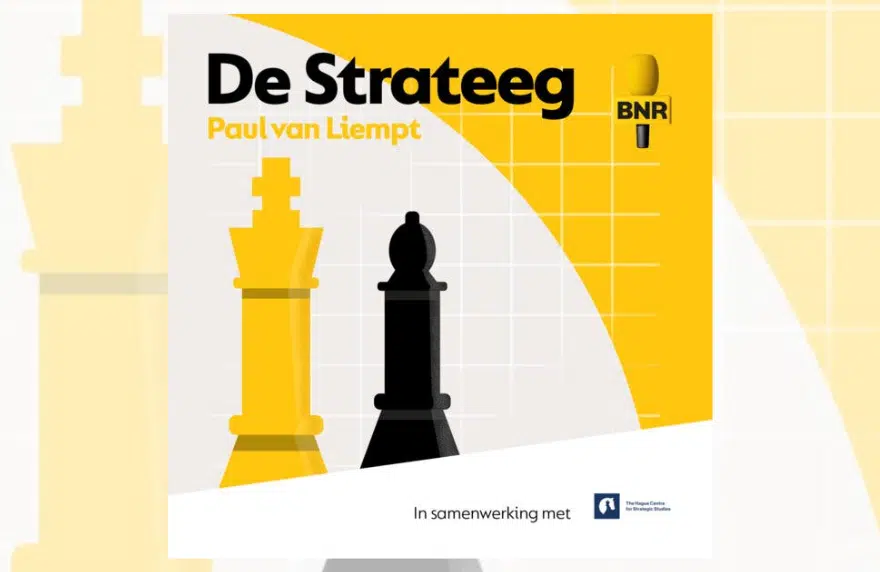Two weeks ago, the European Commission proposed a Critical Raw Materials Act (CRMA) with the aim of securing the EU’s access to a secure, diversified, affordable, and sustainable supply of critical raw materials. The proposal is a response to concerns about the EU’s dependence on raw material imports and the supply risk associated with them. A recent report identified thirty-four raw materials as “critical” due to their importance for the EU’s economy. “Lithium and rare earths are already replacing gas and oil at the heart of our economy,” declared Commission President Ursula von der Leyen in her 2022 State of the Union Address, warning that “we have to avoid falling into the same dependency as with oil and gas.”
One of the strategies to achieve this goal is to stimulate mining in Europe. The European Commission aims to increase the EU’s domestic mining of raw materials to 10% by 2030, and member states are encouraged to exploit their mining potential, including Spain, which has significant critical raw material deposits. These materials, including lithium, nickel, cobalt, graphite, copper, aluminum, and manganese, are primarily found in Andalusia, Castile and Leon, Extremadura, and Galicia.
Supporting Europe’s extractive sector has many benefits. Critical raw materials are crucial for the green and digital transition and the re-industrialization of the EU, as they are essential components in batteries for electric vehicles, solar panels, and advanced technologies. Domestic mining is also vital for reducing Europe’s vulnerability to economic competitors and producing countries, particularly China, which currently supplies over 90% of the EU´s needs for rare earths and a number of other critical raw materials. While not providing complete independence from imports, domestic mining output can serve as a safety buffer.
Supporting Europe’s extractive sector has many benefits. Critical raw materials are crucial for the green and digital transition and the re-industrialization of the EU
The CRMA’s aim to boost mining in the EU is impeded by bureaucratic hurdles that often result in prolonged delays for mining projects. At present, the launch of a mining project can frequently take from 10 to 15 years. Consequently, even if new mining initiatives were commenced this year, the actual extraction process would not start until well past the 2030 target deadline. To mitigate this challenge, the CRMA has introduced the concept of “strategic projects” that can receive certain privileges regarding permissions, processing, and financing. However, there are concerns among environmentalists and local communities that these privileges may come at the expense of comprehensive social and environmental impact assessments, leading to irreversible damage and long-term repercussions.
Mining is a well-known source of risk, posing a threat to ecosystems, biodiversity, and local communities due to toxic chemical release. It’s no wonder that many mining projects face resistance from environmentalists and local action groups. However, simply avoiding mining in Europe is not a solution, as the demand for raw materials remains high, leading to extraction in places with even worse social and environmental conditions. Mining companies in the EU typically adhere to higher environmental standards, including reforestation, soil restoration, and water protection, in contrast to many poorer regions in the world. From an ethical perspective, it is worth questioning the fairness of outsourcing negative mining impacts to less developed areas while enjoying the benefits of a green and digital transition in Europe.
To conclude, a thorough evaluation of the advantages and disadvantages of enhanced mining in Europe must be conducted on a case-by-case basis. Opening new mines on a continuous basis is unsustainable in a world of limited resources. The CRMA advocates for a circular economy that depends on recycling to meet a large portion of the EU’s raw material demands. Hence, it is vital that the emphasis on promoting mining in Europe does not impede progress towards this ultimate objective. In the interim, Europe must establish a delicate equilibrium between its economic and geopolitical necessities and the acknowledgment and reduction of detrimental social and environmental impacts resulting from mining ventures.
Martijn Vlaskamp is Assistant Professor in International Security and Juan de la Cierva Incorporación Research Fellow at the Institut Barcelona d’Estudis Internacionals (IBEI).
Source: ARA, 18 april 2023







